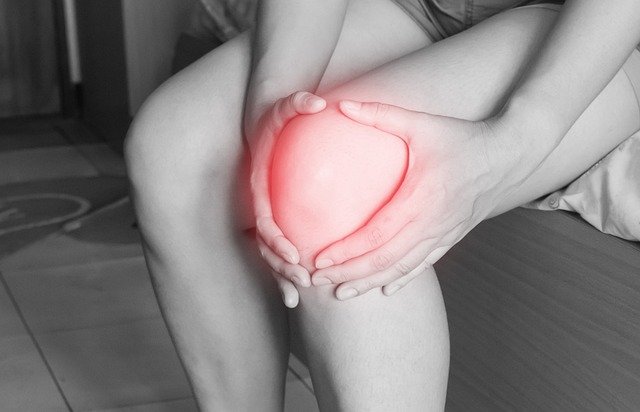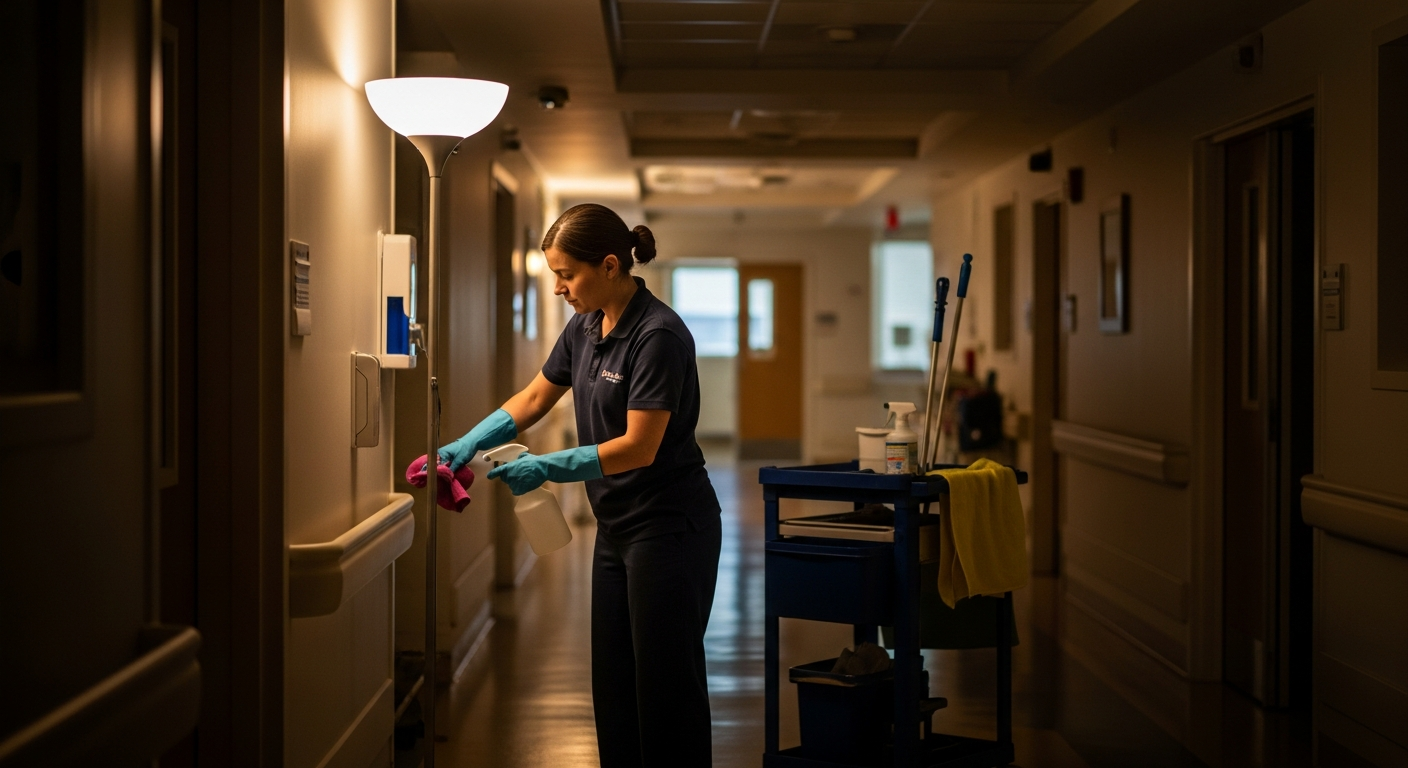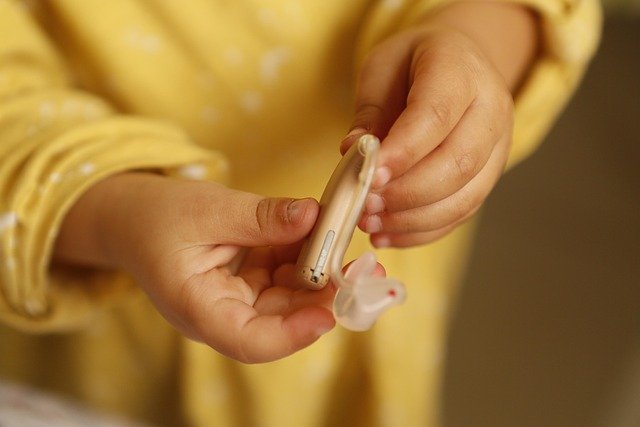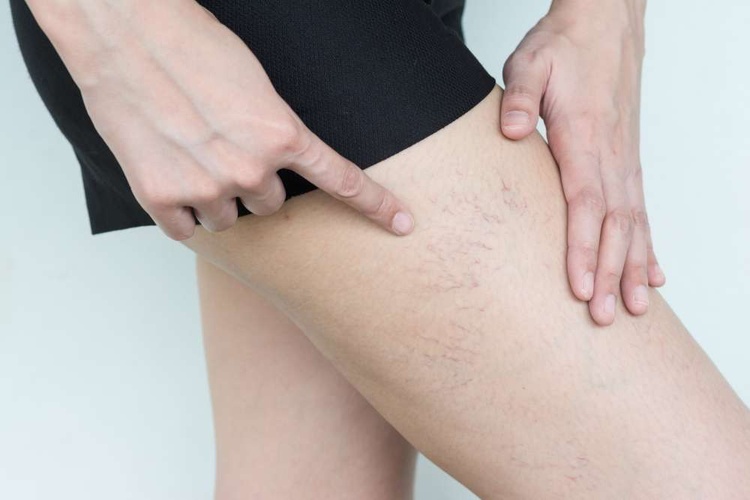Natural Relief and Effective Solutions for Knee Discomfort
Knee pain affects millions of people worldwide, limiting mobility and impacting quality of life. Whether caused by injury, arthritis, or overuse, finding effective solutions is essential for recovery and long-term joint health. This article explores natural relief methods, underlying causes, and herbal remedies that can help manage knee discomfort without relying solely on medication or invasive procedures.

Knee pain is one of the most common musculoskeletal complaints, affecting people of all ages and activity levels. From athletes dealing with sports injuries to older adults managing arthritis, the search for effective solutions continues to evolve. Understanding the root causes and exploring both conventional and natural approaches can empower individuals to make informed decisions about their knee health.
Understanding the Causes of Knee Pain
Knee pain can stem from various sources, making accurate diagnosis crucial for effective management. Osteoarthritis represents one of the most prevalent causes, particularly among older adults, where cartilage gradually wears down over time. Rheumatoid arthritis, an autoimmune condition, can also target knee joints, causing inflammation and progressive damage. Acute injuries such as ligament tears, meniscus damage, or fractures often result from sports activities or accidents. Overuse injuries develop gradually through repetitive stress, common among runners and individuals whose occupations require frequent kneeling or climbing. Excess body weight places additional pressure on knee joints, accelerating wear and potentially triggering pain. Structural abnormalities, including misalignment or flat feet, can alter walking patterns and contribute to chronic knee discomfort. Identifying the specific cause through medical evaluation helps determine the most appropriate pathway forward.
Natural Knee Pain Relief
Many individuals seek natural approaches to manage knee pain, either as standalone solutions or complementary therapies alongside conventional medicine. Physical therapy exercises strengthen the muscles surrounding the knee, providing better joint support and stability. Low-impact activities such as swimming, cycling, and water aerobics maintain fitness without excessive joint stress. Hot and cold therapy offers immediate relief, with ice reducing inflammation after injury and heat relaxing tight muscles and improving circulation. Maintaining a healthy weight significantly reduces pressure on knee joints, often resulting in noticeable pain reduction. Proper footwear with adequate cushioning and arch support helps distribute body weight evenly and prevents additional strain. Acupuncture has shown promise in clinical studies for reducing knee pain, particularly in osteoarthritis cases. Massage therapy can improve circulation, reduce muscle tension, and promote relaxation around affected joints. Mindfulness practices and gentle yoga help manage pain perception while improving flexibility and balance. These natural methods work best when combined strategically and tailored to individual needs and conditions.
Herbal Remedies and Supplements for Knee Pain
Herbal remedies and dietary supplements have gained attention as potential alternatives or complements to pharmaceutical options for knee pain. Turmeric contains curcumin, a compound with potent anti-inflammatory properties that may reduce joint swelling and discomfort. Ginger offers similar anti-inflammatory benefits and can be consumed fresh, as tea, or in supplement form. Boswellia, derived from frankincense tree resin, has been traditionally used in Ayurvedic medicine to address joint inflammation. Glucosamine and chondroitin supplements aim to support cartilage health and may slow osteoarthritis progression, though research results remain mixed. Omega-3 fatty acids found in fish oil possess anti-inflammatory qualities that benefit overall joint health. Willow bark, containing salicin similar to aspirin, has been used historically for pain relief. Green tea extract provides antioxidants that may protect joint tissues from oxidative stress. Methylsulfonylmethane, commonly known as MSM, is believed to reduce inflammation and improve joint flexibility. While many people report benefits from these supplements, quality varies among products, and potential interactions with medications warrant discussion with healthcare providers before starting any new regimen.
Conventional Medical Approaches
When natural approaches prove insufficient, conventional medical options offer additional possibilities for managing knee pain. Over-the-counter pain relievers such as acetaminophen and nonsteroidal anti-inflammatory drugs provide temporary relief for mild to moderate discomfort. Prescription medications may include stronger pain relievers or disease-modifying drugs for conditions like rheumatoid arthritis. Corticosteroid injections directly into the knee joint can reduce severe inflammation, though effects are temporary. Hyaluronic acid injections aim to supplement natural joint fluid, potentially improving lubrication and cushioning. Physical therapy programs designed by professionals address specific weaknesses and movement patterns contributing to pain. Braces and supportive devices stabilize the knee during activities, preventing further injury. Platelet-rich plasma therapy, an emerging option, uses concentrated blood components to potentially promote healing. Surgical interventions, ranging from arthroscopic procedures to partial or total knee replacement, become considerations when conservative methods fail and quality of life significantly deteriorates.
Lifestyle Modifications for Long-Term Joint Health
Sustaining knee health requires ongoing attention to lifestyle factors that influence joint function and longevity. Regular exercise maintains joint flexibility and strengthens supporting muscles, but activity selection matters significantly. Avoiding high-impact activities that repeatedly jar the knees helps prevent accelerated wear. Proper warm-up routines before exercise prepare joints and muscles for activity demands. Adequate rest and recovery time allow tissues to repair between physical challenges. Ergonomic adjustments at work and home reduce unnecessary strain during daily activities. Staying hydrated supports overall tissue health, including cartilage that depends on fluid for nutrition. Anti-inflammatory dietary patterns emphasizing whole foods, fruits, vegetables, and healthy fats may benefit joint health. Stress management techniques help prevent muscle tension that can exacerbate pain perception. Regular medical check-ups enable early detection of developing problems before they become severe.
When to Seek Professional Medical Attention
While many cases of knee pain respond well to self-care measures, certain situations require prompt professional evaluation. Severe pain that prevents weight-bearing or significantly limits mobility warrants immediate attention. Visible deformity, significant swelling, or warmth around the knee may indicate serious injury or infection. Inability to fully straighten or bend the knee suggests possible structural damage. Fever accompanying knee pain could signal infection requiring urgent care. Pain persisting beyond several weeks despite home management merits professional assessment. Recurring episodes of the knee giving way indicate instability that may worsen without intervention. Numbness or tingling in the leg suggests potential nerve involvement. Healthcare providers can perform thorough examinations, order imaging studies when necessary, and develop comprehensive plans addressing specific diagnoses. Early professional intervention often prevents complications and improves long-term outcomes.
Managing knee pain effectively requires a multifaceted approach tailored to individual circumstances, causes, and preferences. Natural relief methods, herbal remedies, and conventional options each offer benefits, and combining strategies often yields optimal results. Understanding the underlying causes of knee discomfort enables more targeted interventions, while lifestyle modifications support long-term joint health. Whether choosing natural approaches, medical solutions, or integrated care, consulting healthcare professionals ensures safe and appropriate management. With proper attention and care, many people successfully reduce knee pain and maintain active, fulfilling lives despite joint challenges.
This article is for informational purposes only and should not be considered medical advice. Please consult a qualified healthcare professional for personalized guidance and treatment.




